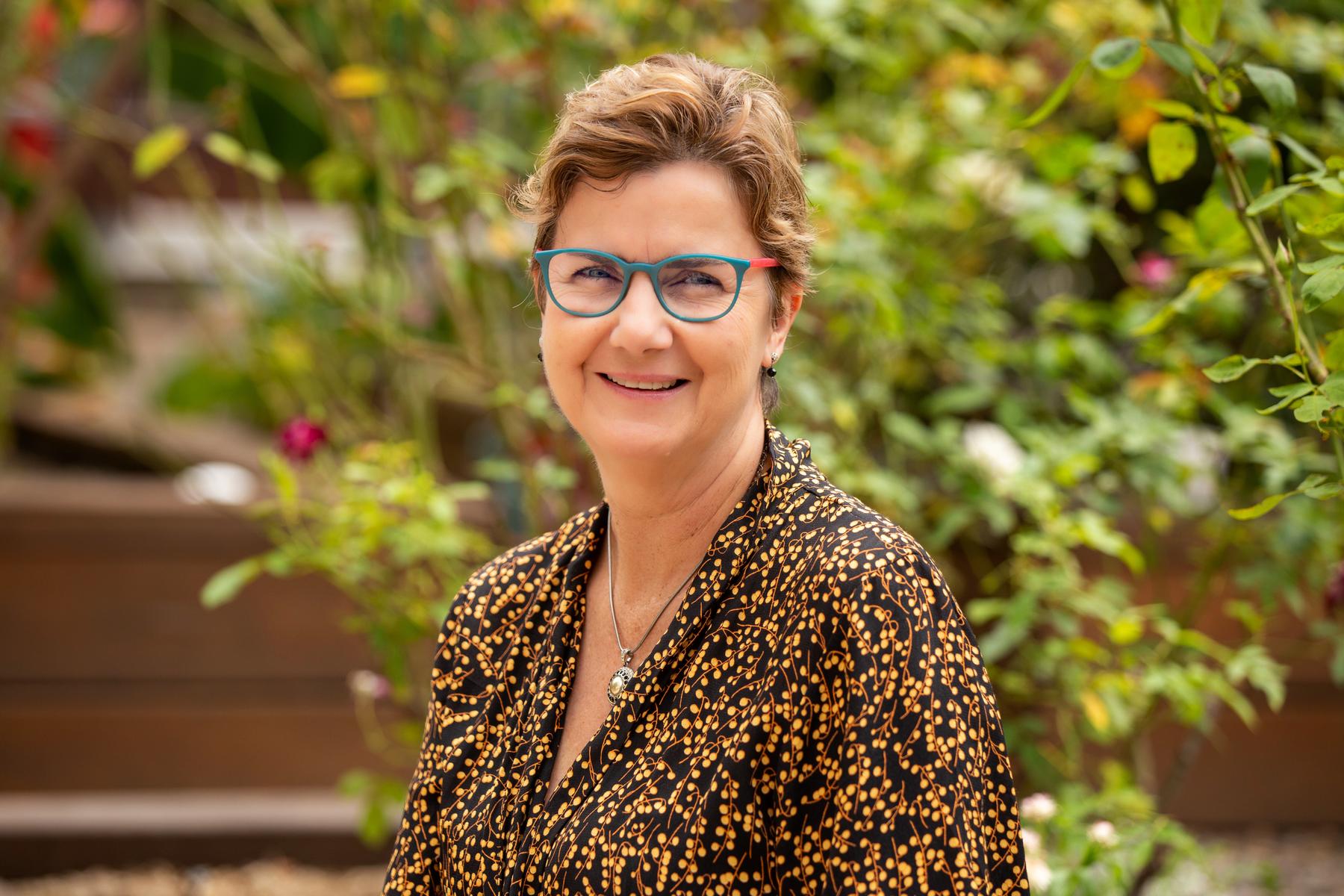Deputy Principal - Student Development and Wellbeing

Friendship Resilience
Peig Sayers, in her online article, Four Friends You'll Want in Your Life Today, confirms what we already know: good friends are vital for health and happiness. The problem is that when we are young we may not always know how to establish a good friendship or, for that matter, how to be resilient enough to bounce back and move forward when friendships don’t go the way that we plan.
All young people need to be encouraged to understand that conflicts in friendships or relationships of any nature are inevitable. It is how we respond to them that matters. In a recent workshop conducted with aspiring student leaders, we looked at five ways in which we could deal with conflict: avoid, collaborate, compromise, compete, or accommodate. It was encouraging to hear the capacity of the students to know the best approach to enable a resolution to take place. Unfortunately, transferring these skills to solve their own friendship or relationship issues isn’t always easy.
Providing opportunities to practise our responses to a friendship conflict can help our young people build resilience. More often than not, the main aim in a conflict is that both people want to be right. This is often valued far more than the friendship. Enabling students to consider their response to a conflict helps them to not only understand what has occurred, but shows a capacity to make a decision about whether they are valuing the friendship more than being right. When a student is able to tell a friend that they value the friendship more than the event that has impacted the friendship, then they are in a better position to restore the relationship but, as we all know, friendships fail.
Practising resilience to pull through a failed friendship is one of the greatest tools we can give our young people. They need to know that a failed friendship does not mean that there is something wrong with them or the other person. They need to be given the words and confidence to say why a friendship needs to end, and be able to walk away without the expectation of a response from the other person. This works both ways and also requires students to know the importance of listening to what another person is trying to say to them. The best case scenario means that both parties can grow from what they learn from the experience.
Returning to the work of Peig Sayers, there are at least four types of friends that are beneficial to all of us. By having these types of friends in our lives, we increase our chances of maintaining a sense of perspective, openness, and balance.’ (Sayers, 2020)
Friendship Types:
The Prophet
Prophets challenge us to look at how we are living our lives, to ask ourselves: "To what voices am I listening when I form my attitudes and take my actions each day?"
The Cheerleader
We need a balance of support. that includes encouragement and acceptance and the occasional criticism and feedback that is difficult to hear. The cheerleader is the type of friend that offers enthusiastic, unconditional acceptance of who we are as a person.
The Harasser
Harassers help us to laugh at ourselves and to avoid the emotional burnout that results from having the unrealistic expectation that people will always follow our guidance or appreciate what we do for them. This type of friend helps us regain and maintain perspective.
Guides
Guides listen to us carefully and don't accept the what we say and do as being equal to our actual intentions plus our statements and actions. Instead, they search and look for nuances in what we share with them to help us to uncover some of the 'voices' that are unconsciously guiding our lives, especially the ones that make us hesitant, anxious, fearful, and willful.
Sayer finishes her article by providing some useful questions for students (and adults) to use to contemplate the types of friends they have in their lives. I invite you to find some time to explore these questions with your children:
- Do I have people with whom I can simply be myself?
- What type of friends do I value most? Why?
- What do I feel are the main qualities of friendship?
- List and briefly describe the friends who are now in my life.
- Among my circle of friends, who are my personal heroes or role models?
- Who encourages me in a genuine way through praise and a nurturing spirit?
- Who teases me into gaining a new perspective when I am too preoccupied or tied up in myself?
- When and with whom do I play a different take on one of the types of a friendship that I have listed above.
Annette Butterworth

